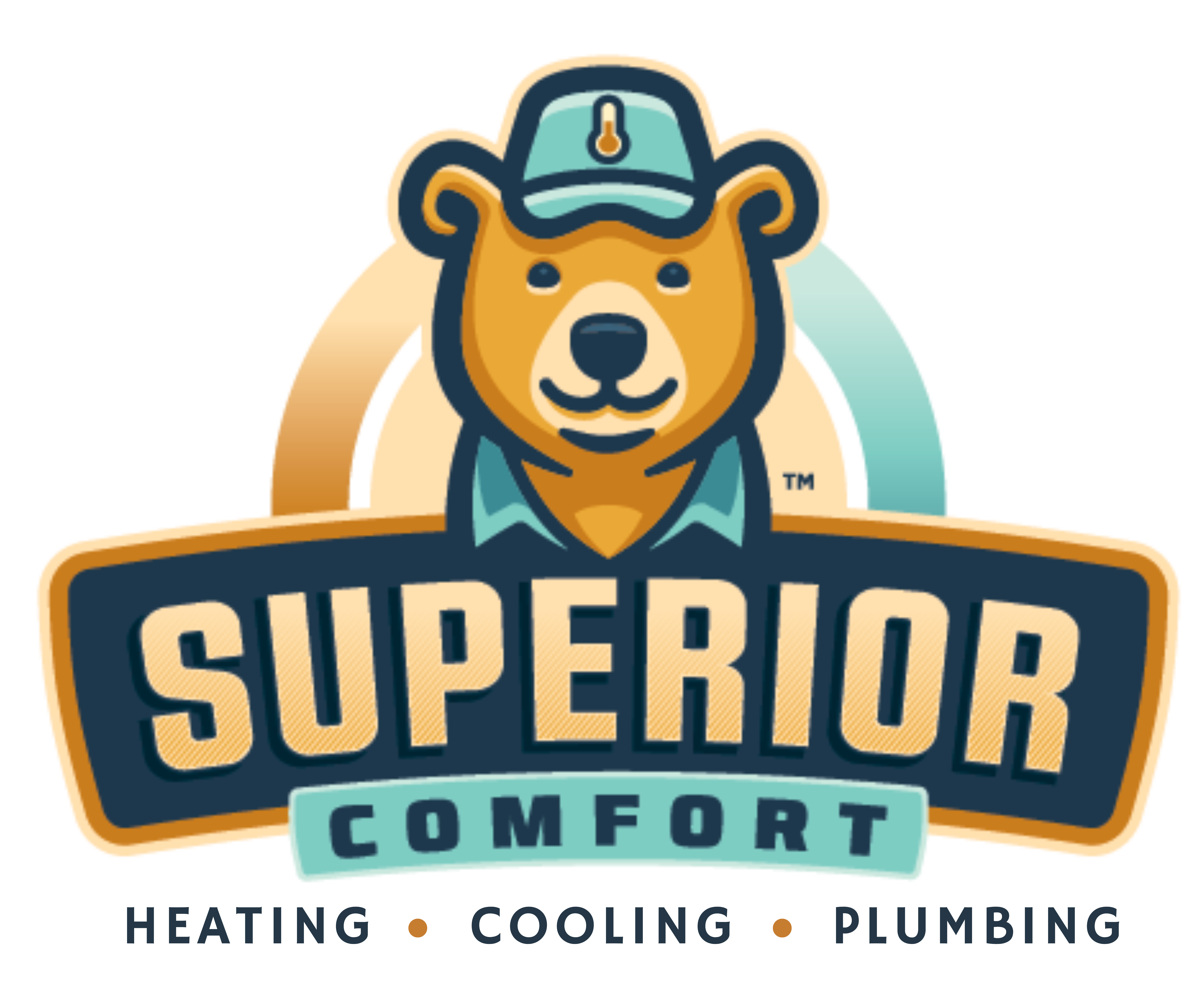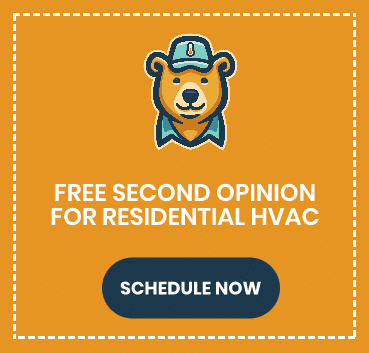Winter HVAC Safety: What Homeowners Need to Know
Winter brings more than cold weather—it also places extra demands on your HVAC system. Ensuring your heating system is safe and efficient is essential to keeping your home comfortable while avoiding potential risks like carbon monoxide leaks, electrical fires, and unexpected breakdowns.
This guide covers key actions to maintain a secure and efficient HVAC system, providing peace of mind while keeping your home safe and cozy throughout winter.
-
Regular Maintenance Checks Keep Your HVAC System Safe for Winter
Scheduling regular maintenance checks keeps your HVAC system operating efficiently, reduces energy consumption, and prevents unexpected repairs.
Professional HVAC maintenance includes:
- Furnace Inspection: Identify and address issues like cracks, worn components, or gas leaks.
- Filter Cleaning or Replacement: Ensure unobstructed airflow and improve system performance.
- Duct Cleaning: Remove dust, allergens, and debris to maintain airflow and indoor air quality.
- Thermostat Calibration: Confirm accurate readings and optimal temperature control.
- Heat Exchanger Inspection: Detects cracks or damage that could lead to carbon monoxide leaks.
- Blower Component Check: Ensure proper operation of motors and belts for efficient airflow.
Maintenance should be scheduled at least once a year before the winter season begins.
-
Test Carbon Monoxide Detectors For a Safe Winter Season
Carbon monoxide detectors are designed to alert you to dangerous levels of carbon monoxide, a colorless, odorless gas that can be lethal. They should be installed on every floor, especially near sleeping areas, for effective coverage.
Test detectors monthly by pressing the test button. Replace batteries if the alarm doesn’t sound or the detector is over seven years old.
Also, avoid placing detectors near vents, windows, or humid areas like bathrooms to prevent false readings.
-
Check Your Home’s Electrical System to Prevent Electrical Fires
Winter increases the risk of electrical fires due to the increased use of heating devices. Prevent overloading circuits by checking your breaker panel’s capacity and avoiding multiple devices on a single outlet.
Space heaters can provide extra warmth but require caution. Keep them three feet away from flammable materials, and never leave them running unattended. Choose models with automatic shut-off features for added safety.
Also, electrical cords and plugs should be inspected regularly for damage, as faulty wiring can increase fire risks.
Improve Indoor Air Quality with Proper Ventilation
Proper ventilation is essential for maintaining a healthy indoor environment, especially during winter when homes are sealed tightly. To improve indoor air quality and reduce pollutants, homeowners should:
- Replace HVAC Filters Regularly: Clean filters trap dust and allergens, ensuring healthier air circulation throughout your home.
- Install a Ventilation System: Heat recovery ventilators (HRVs) or energy recovery ventilators (ERVs) bring in fresh air while retaining indoor warmth, balancing efficiency, and ventilation.
- Use Exhaust Fans: Operate fans in kitchens and bathrooms to remove moisture and odors, prevent mold, and maintain air quality.
- Allow Natural Air Exchange: Open windows briefly during the day to let in fresh air and release stale indoor air, even in winter.
Recognize and Address HVAC System Warning Signs Promptly
Recognizing and addressing HVAC issues early can save you from costly repairs and ensure a safe and comfortable home during winter.
Here are the key warning signs to look out for:
- Unusual Rattling or Grinding Noises: Indicates loose components, debris, or motor problems that need immediate attention.
- Inconsistent or Weak Heating: Could result from blocked vents, dirty filters, or thermostat malfunctions, leading to uneven temperatures and reduced efficiency.
- Frequent Cycling: Short cycling or constant on-and-off operation may signal thermostat issues, restricted airflow, or an oversized system.
- Higher Energy Bills: A sudden spike in energy costs often indicates your system is working harder than necessary due to inefficiency or hidden problems.
- Strange Odors: Burning smells could indicate electrical issues, while musty odors might indicate mold or mildew growth within the system.
- Carbon Monoxide Alarm: A triggered alarm is a critical warning of a potential gas leak or heat exchanger issue and requires immediate attention.
If you notice any of these signs, contact a professional HVAC company for inspection and repair service. Taking prompt action will ensure your HVAC unit continues to operate smoothly and keep your home comfortable throughout the chilly season.
Stay Safe and Warm with Superior Comfort Heating and Cooling
Don’t let HVAC issues disrupt your comfort or safety this winter.
Contact Superior Comfort Heating and Cooling at 734-929-9820 for professional assistance with your HVAC unit. We provide prompt diagnostics and repair services to keep your heating and cooling unit in optimal condition. Emergency services are available 24/7 to address your heating concerns whenever you need us.
Frequently Asked Questions
How to protect HVAC in winter?
Protect your HVAC system in winter by scheduling maintenance, cleaning filters, and ensuring proper insulation around your home to reduce strain on the system. Additionally, keep outdoor units clear of snow and debris to prevent damage or restricted airflow.
What should HVAC be set at in winter?
The ideal winter temperature setting for your HVAC system is between 68–72°F while you’re home and lower when you’re away or asleep. This balance keeps your home comfortable and helps reduce energy costs.
Can pets impact the efficiency of my HVAC system in winter?
Yes, pets can affect HVAC efficiency by shedding hair and dander that clog filters and ducts. Regular filter changes and cleaning help maintain airflow and indoor air quality.
How does winter weather affect outdoor HVAC units?
Winter weather can cause ice, snow, and debris to accumulate on outdoor units, potentially damaging components or restricting airflow. Regularly clearing the unit and ensuring proper drainage can prevent these issues.
What are the signs of HVAC duct blockage in winter?
Signs of duct blockage include uneven heating, reduced airflow, and higher energy bills. If certain rooms feel colder or take longer to heat, it’s time to inspect and clean your ducts.
 SEE OUR SPECIALS
SEE OUR SPECIALS FINANCING
FINANCING
 SCHEDULE A SERVICE
SCHEDULE A SERVICE

 CALL 734-818-7141
CALL 734-818-7141